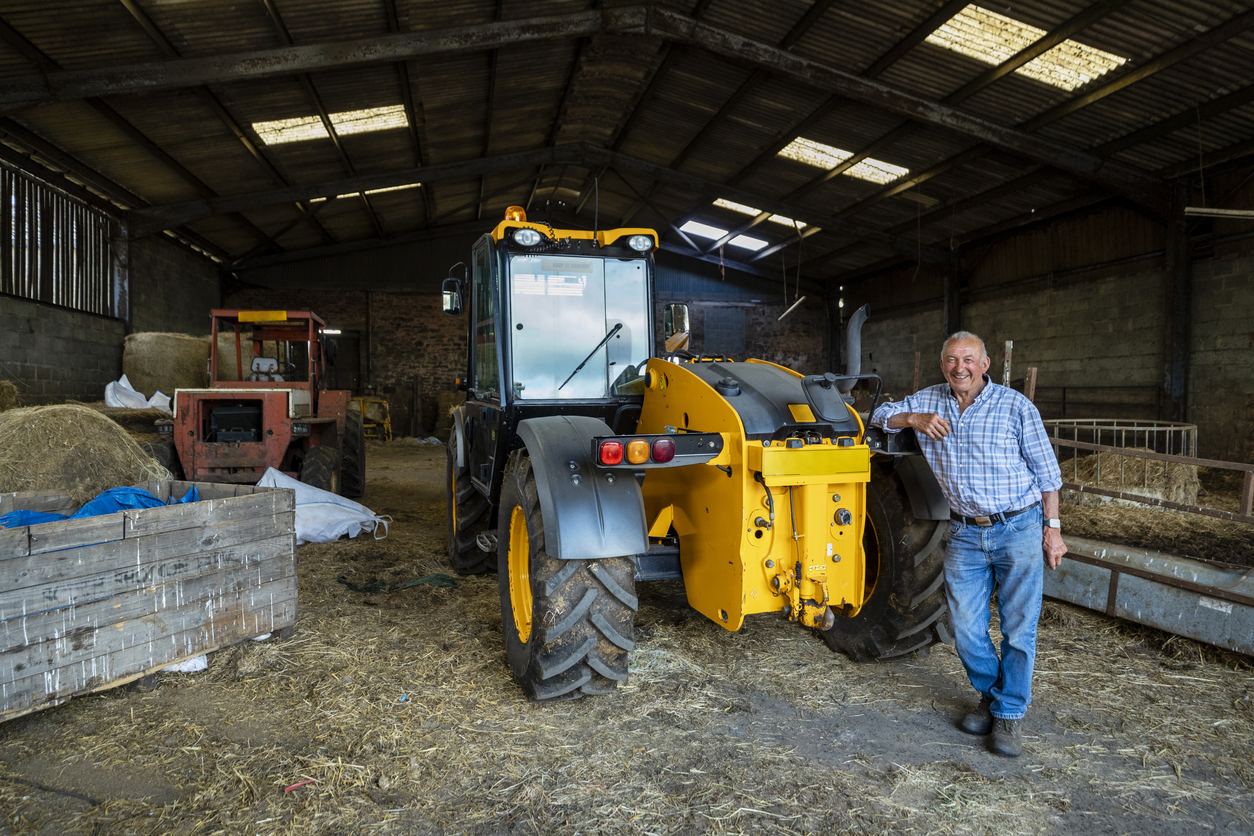
I attended a high school class reunion a week ago. One of my classmates was pretty excited about recently winning $15,000 in a lottery draw and recounted how she had spent the surprise windfall. We all remembered another classmate who had won $1 million in a provincial lottery a few years ago. He talked about the excitement when he realized his good fortune.
All of this leads me to an important question for farmers. What are you going to do with your wealth? How does it affect you? Those questions would have been quite unimaginable not that many years ago. Western Canadian farm families typically didn’t talk in terms of wealth.
But things have changed. There has been and continues to be an accumulation of wealth in farm families. I’ve written about the importance of understanding debt. I believe it is equally important to understand wealth and what it means.
How do you measure wealth?
Most people naturally associate wealth with money. I know, though, that a great many farm families make the wealth connection to lifestyle and a love for farming. They believe they are wealthy simply by way of having the ability and privilege to farm. That aspect of wealth is virtually impossible to put a value on, being personal and subjective, but it is real, nonetheless.
But let’s think about wealth in terms of money as in the movie, Jerry Maguire, and “show me the money!”
A first step is to determine the financial wealth you are going to measure. Are you going to look at aggregated personal and farm business wealth or focus on the business? For the purposes of this article, I’ll direct my comments to the farm business aspect of wealth.
What is your wealth?
A simple approach to determine your wealth is to take all your owned assets and determine what you could sell them for. Then take that total and subtract any debt you have. The resulting number is your wealth before tax.
It’s generally easy to establish values for market inventory and land. Equipment is a bit trickier. Buildings can be a challenge.
What would an arm’s length buyer pay for your buildings, and home? My experience here is that farm families need to set aside their emotional ties to building values. Houses sometimes contribute only a small percentage of what families “paid” for them.
To get an even more accurate value of your real business wealth, you would need to calculate and subtract any potential tax implications that would be triggered from a sale.
Where did your wealth come from?
This is an important question. There’s a difference between earned and unearned wealth. Unearned wealth generally refers to wealth that has come from capital appreciation — increases in land value, for example. Earned wealth is what comes from the accumulation of profit.
Farm families can have millions of dollars of wealth but feel “poor.” We’ve all heard the expression “asset rich, cash poor.” It can be real. Farms that haven’t been able to generate wealth from earnings will often experience cashflow challenges and thus feelings of being poor.
What are you going to do to protect your wealth?
It makes sense that you would want to keep any strategies you use to protect your wealth appropriately aligned with its amount. For example, if you use insurance as a tool for protecting wealth, you want to make sure your property insurance policies reflect current asset values.
Other tactics used to protect wealth include limiting third party liability by separating assets from operations. Working through a comprehensive exercise of examining where risks could impact on the business will provide insight into other tactics to protect wealth.
What are you going to do with your wealth?
This is a simple question to ask but not that easy to answer. Wealth that accumulates from earnings ultimately must be used for something. In the not-too-distant past, the answer was more investment into the farm. This will continue as the pattern for most farms. However, I find myself in more discussions with farm families about other ways to invest some of their wealth.
Talk about your wealth
Not all families will agree with me, but I think an important aspect of wealth is to talk about it within the family. There’s no hard rule on when to have first discussions within the family about the amount of wealth they are accumulating.
I think that, early on, farm families should actively work to gain an appreciation for and about wealth. All children need to learn how to conduct themselves with friends and peers and within their communities.
There are horror story-like examples of family members (of all ages) not conducting themselves appropriately when boasting about their wealth in public. Talking about wealth alone won’t protect against that, but it will help.
Let’s hope the importance of talking about wealth continues to be an issue as farms and families continue to prosper and accumulate wealth.
If you would like to speak to one of our consultants about this topic contact us.


